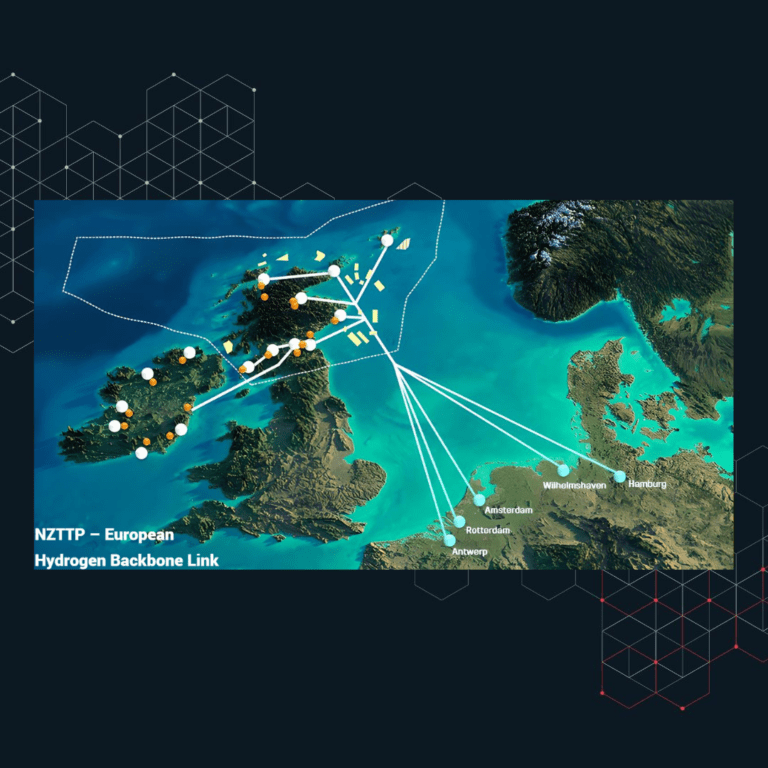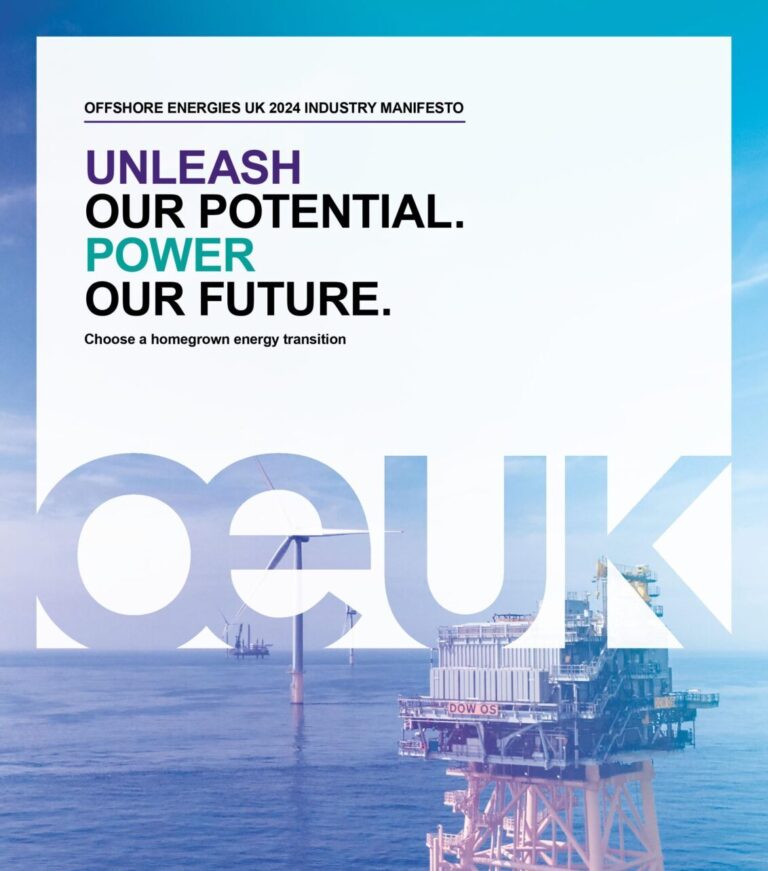DNV GL’s RP says thermoplastic composite pipe could cut oil and gas costs
DNV GL has launched a recommended practice (RP) on thermoplastic composite pipes (TCP), stating that it could provide cost savings for oil and gas operators.
The DNVGL-RP-F119 TCP allows operators to select TCP instead of steel or traditional flexible and has been launched for operators, contractors, suppliers and others seeking acceptance for using the pipes in offshore operations.
It is intended for TCP suppliers for offshore operations and suppliers of raw materials for these pipes that look for market access for their products.
The RP is also meant for operators and contractors seeking acceptance for using these pipes in offshore operations.
It is also targeted at pipe suppliers and recipients, which need a common technical basis for contractual reference.
DNV GL – Oil & Gas global service director Espen Cramer said: “As the recommended practice describes the requirements for flexible TCP for offshore applications, it builds trust and confidence in the safe and reliable use of these pipelines.
“This opens up new, cost-efficient, innovative offshore pipeline solutions, which are of vital importance for reducing overall costs in the industry.”
“Thermoplastic composite pipes are a new, robust lightweight pipe alternative.”
TCPs can be used in various offshore areas, including flowlines, risers, jumpers, choke and kill lines, expansion spools, access lines.
Other areas that may need these pipes include chemical injection lines, as well as commissioning and intervention lines.
DNV GL – Oil & Gas project manager Per Anker Hassel said: “Thermoplastic composite pipes are a new, robust lightweight pipe alternative that will impact field layout, and installation methods and ultimately reduce the cost level.”
These pipes have good strength and fatigue capacity and are sufficient for the deepest waters.
TCPs are cost-effective, lightweight and spoolable and exhibit no metal corrosion, high thermal and pressure tolerance and minimal flow resistance.
A joint industry project led by DNV GL involving 18 companies developed the DNVGL-RP-F119 TCP, which is aimed at promoting continued technology development.



